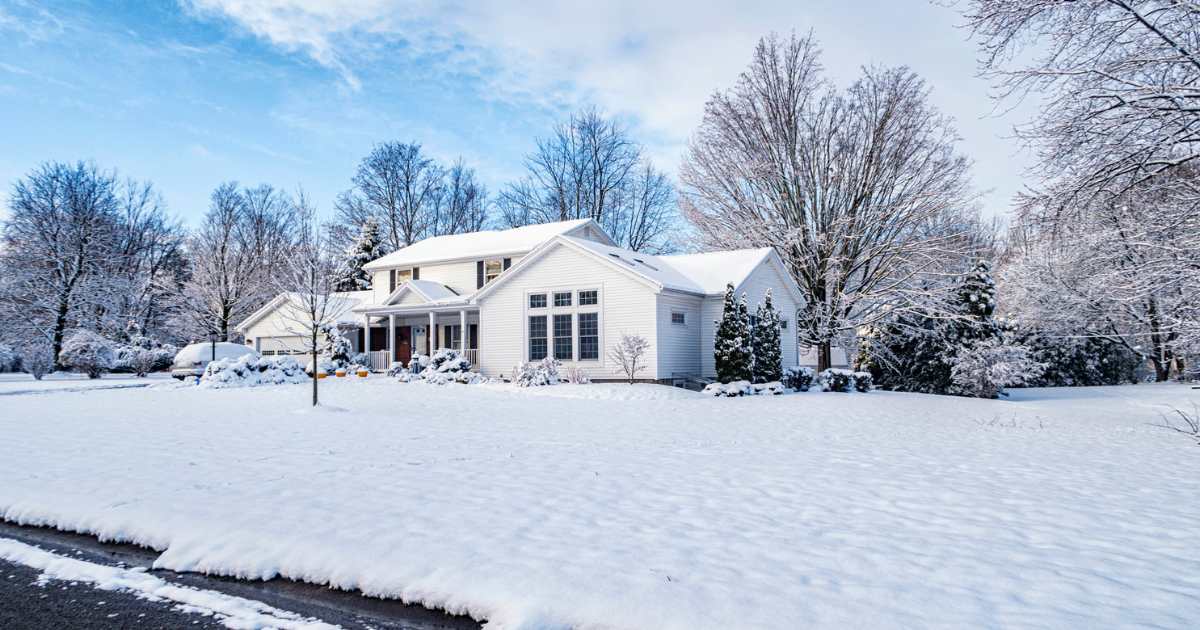The National Weather Service has issued a hazardous weather outlook & wind chill advisory for the upcoming weekend.
Friday through Saturday:
A dangerously cold air mass is expected to settle over the region on Friday and Saturday. Wind chill values during this time may fall to as low as 10 to 20 below zero for coastal locations, and 25 below in the interior.
Is your home prepared for extreme cold temperatures?
While the amount of danger from winter weather varies across the country, nearly all Americans are likely to face some degree of severe winter weather throughout their lives. Winter storms can range from moderate snow over the course of a few hours to a blinding blizzard that lasts for several days. Many winter storms are also accompanied by dangerously low temperatures, strong winds, ice, sleet and freezing rain. A primary concern is that winter storms can knock out heat, power and communications services to your home or office, sometimes for days at a time. Heavy snowfall and extreme cold can immobilize an entire region.
Before Winter Storms and Extreme Cold
To prepare for a winter storm, you should do the following:
- Add these supplies to your emergency kit:
- Rock salt to melt ice on walkways
- Sand to improve traction
- Snow shovels and other snow removal equipment
- Sufficient heating fuel
- Adequate clothing and blankets to keep you warm
- Minimize travel. If travel is necessary, keep a disaster supply kit in your vehicle. Include items such as:
- Booster cables
- Flashlight
- Blankets
- Extra winter hats, socks, and gloves
- Bring pets and companion animals inside during winter weather. Move other animals or livestock to sheltered areas with non-frozen drinking water.
Winterize Your Home
Winterize your house, barn, shed or any other structure that may provide shelter for your family, neighbors, livestock or equipment. Clear rain gutters, repair roof leaks and cut away tree branches that could fall on a house or other structure during a storm.
- Extend your fuel supply by insulating walls and attics, caulking and weather-stripping doors and windows, and installing storm windows or covering windows with plastic.
- Maintain heating equipment and chimneys by having them cleaned and inspected every year.
- Insulate pipes with insulation or newspapers and plastic and allow faucets to drip a little during cold weather to avoid freezing. Running water, even at a trickle, helps prevent pipes from freezing.
- Learn how to shut off water valves (in case a pipe bursts).
For more information on how to prepare your home for extreme cold temperatures, call us 203.834.5900, email info@toofer.com, or chat below.









